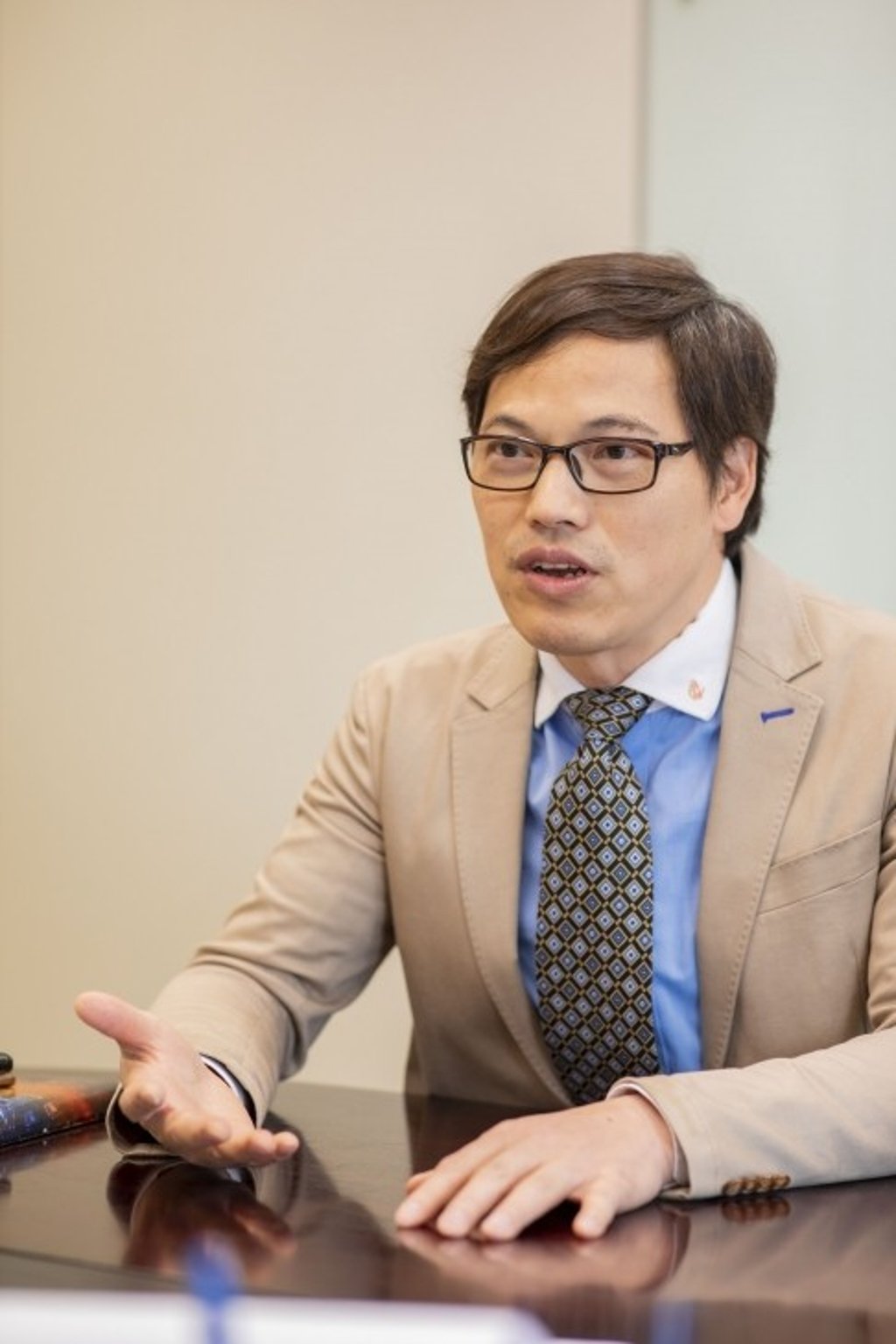MSc to focus on data uses and business analytics

[Sponsored Article]
After decades of computerization, the hype around big data and the race to become a data-driven company is on. How to deal with big data has become a very hot topic in business.
The MSc in Business Analytics, for which The Hong Kong Polytechnic University (PolyU) is already accepting applications, gives students a solid grounding in the fundamental tools and theory before proceeding to more in-depth study of different application domains.
Through systematic training, the programme provides the skills and know-how to use big data to support effective decision-making within organisations. And, in parallel, it also enhances the ability to investigate and solve a wide range of business problems by applying analytical techniques and research findings.
“The focus is on real-world applications and training managers to put theory into practice,” says Vincent Cho, Deputy Programme Director of the MSc in Business Analytics. “Companies everywhere are collecting a lot more information – transactional data about customers, feedback from social media, and data on internal operations. If managers understand how to make better use of that, they can then customise products, explore opportunities for automation, increase customer satisfaction, and improve overall efficiency.”
In the information age, Cho emphasises, no organisation, whatever the size, can afford to ignore the trend towards big data and business analytics. Expertise there is now essential for companies, large and small, which want to remain competitive, and each sector must learn how to capitalise on the tools and intelligence at its disposal.

“PolyU professors do research on the applications of big data in different industries and are involved in a lot of consulting projects providing the latest solutions,” Cho says. “That is a real strength for us, and various examples will be used in courses during the MSc.”
He notes, for instance, that the retail sector is using data from in-store purchases and membership schemes to keep track of transactions and customer behaviour, with a view to boosting sales.
In the healthcare sector, information captured from smart watches and sensor-based devices is making it easier to monitor the status of patients – in hospital and at home – and thereby changing the methods and pattern of care.
And in a field like logistics, where data applications and 5G communications are fast advancing the possibilities for delivery by driverless vehicle or even drone, the whole industry is set to be turned on its head.
“We are deliberately making the programme very application-orientated,” says Cho, who will teach courses on e-commerce and management information systems. “We want to attract managers with a background in business, who are ‘nervous’ about computing and maths, but who see the importance of data analytics and want to understand how it is being applied.”
Students must complete a total of 31 credits and can either choose the full-time mode, taking up to 18 months, or the part-time option, scheduled to take 30 months and expected to be more popular.
There are four compulsory subjects, each bearing three credits, in business analytics, organisation and management, business intelligence and decisions, and marketing management. There is also a required single-credit course on business ethics.

The subsequent electives, six from a current choice of 11, include topics such as enterprise resource planning, strategic management, social media marketing, and applications of decision-making models.
Alternatively, it is possible to take two electives plus another on research methods, and then following that with a dissertation which earns nine credits.
Professors will be drawn from both the Department of Management and Marketing and the Department of Logistics and Maritime Studies. In this way, students will benefit from a wider array of case studies and examples in action.
Furthermore, the course on business ethics is expected to feature talks by graduates from PolyU’s DBA (Doctor of Business Administration) programme, who will be able to give a personal perspective on the sort of challenges faced and how to deal with them.
Generally, three-hour classes, starting at 6.30 pm, will take place on weekday evenings at the PolyU campus, which is conveniently close to Hung Hom MTR station. In addition, students will undertake group projects and individual assignments for each course, while study tours and company visits may also be incorporated in future.
Interested candidates are expected to have a first degree, a good standard of English and, preferably, several years’ experience at managerial level.
A quota of 50 places will be available for the coming cohort, demand for places is strong. “Looking ahead, we will keep the syllabus and programme structure under review and make any updates or revisions as necessary,” Cho says. “Also, if the university recruits new assistant professors with expertise in different areas, it would then be possible to introduce additional electives.”